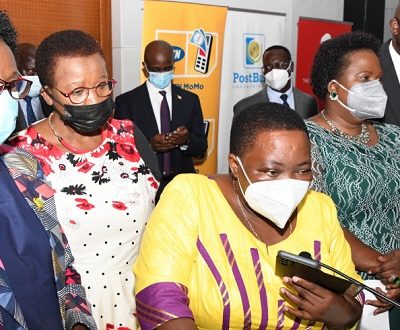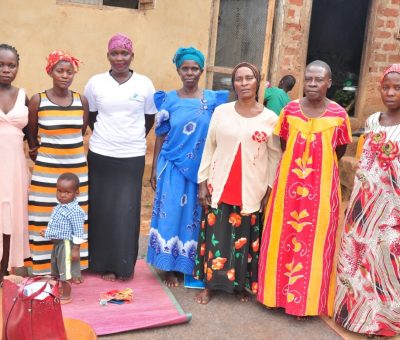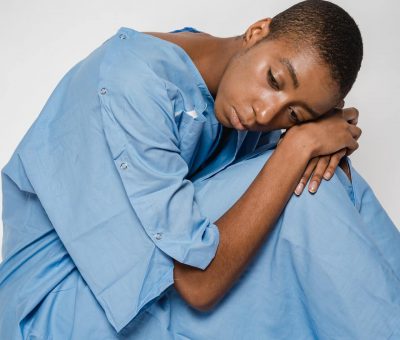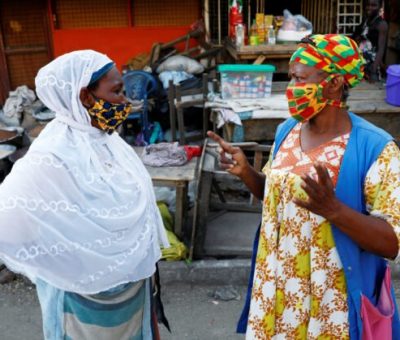The implications of Covid-19 for mental health
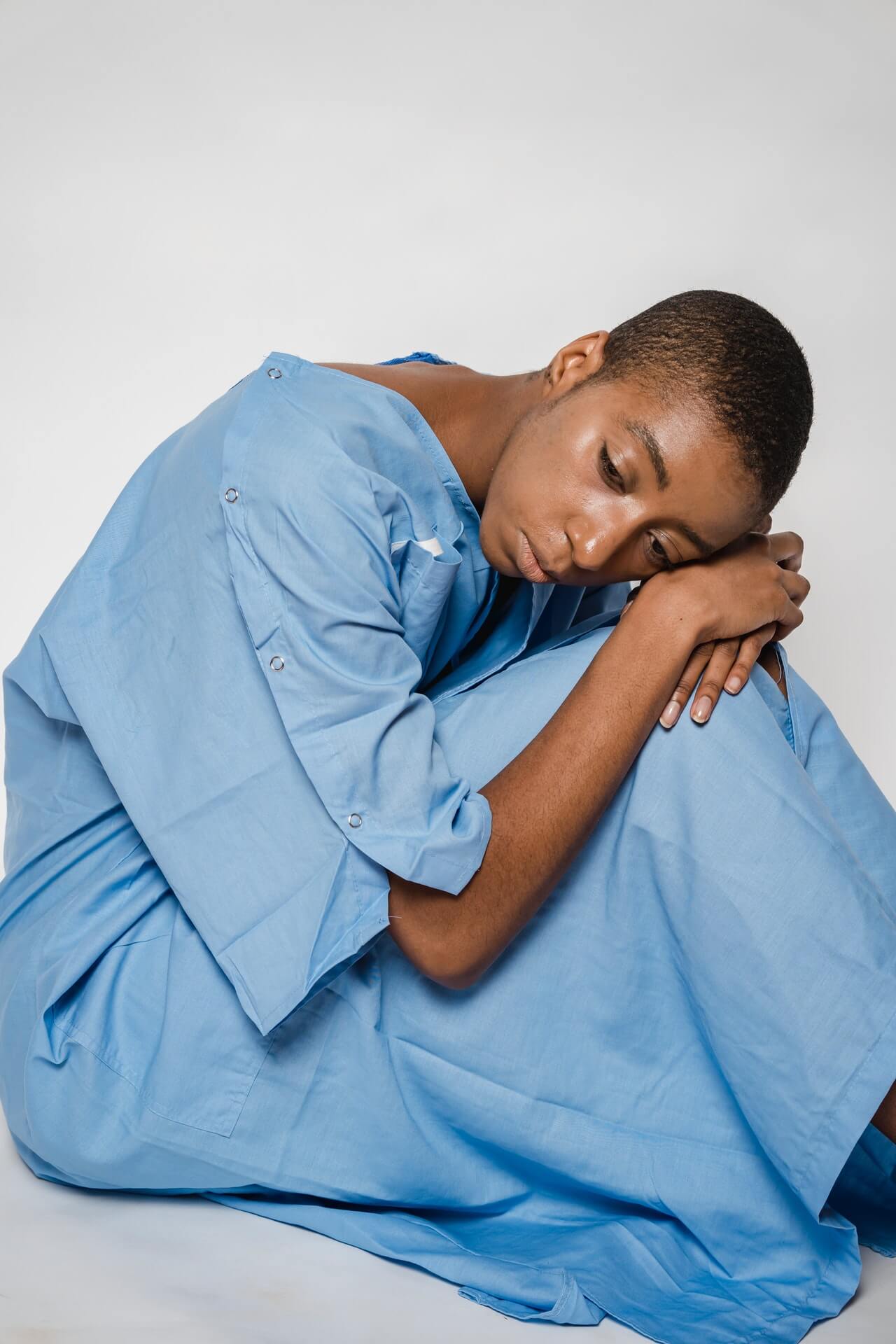
Rita Atugonza is a lower primary school teacher. Since March 2020, when the first lockdown was announced by President Yoweri Museveni, she has not been able to teach yet it was her main source of income. She has since struggled to fend for herself and meet expenses, including paying rent.
“I lost my main source of income yet there was no hope that schools would be opened any time soon. I was not sure of where I would get my next meal or money to pay rent,” Atugonza narrates.
To make ends meet, she started making snacks such as mandaazi and chapati to supply to nearby retail shops. As she could not afford to pay rent anymore, she moved in with her sister.
“Thankfully, the landlady allowed me to pay rent in instalments until I cleared what I owed. I was very depressed at the time because what I was going through was very demoralising,” she adds.
Although Atogonza has since been able to get back on her feet somehow, a number of people are still grappling with the effects of the COVID-19 pandemic which has negatively affected many sectors, especially the economy. More recently, another lockdown was announced by the President to control the spread of the second wave of the disease especially in major towns such as Kampala. Although the lockdown has since been eased, its effects have taken a toll on both the economy and people’s lives as well as their mental health.
A survey by Twaweza Uganda’s Sauti Za Wanainchi in Kampala, showed that seven out of ten residents were worried about running short of food during the lockdown period of May – June 2020, where Uganda suffered the first wave of Covid-19. Mental health experts say this caused a lot of anxiety, depression and insomnia for family heads or breadwinners who were being looked at as providers for their respective families.
There is little statistical data on the national prevalence of mental ill-health in the country, but the common mental disorders are relatively mild, such as depression, anxiety, and alcohol abuse; while more severe disorders include bipolar disorders and psychosis.
The World Health Organisation (2006) says 7.4 per cent of Ugandans suffer from depression, anxiety, and alcohol use disorders. However, the numbers could be higher as victims who live upcountry or in rural areas rarely seek medical help.
It is estimated that the treatment gap for mental disorders is around 85 per cent meaning that 15 per cent of those with mental health disorders who need medical care do not get it. Also, many people dealing with mental challenges are not even aware of what they are experiencing.
Betty Achan, a councillor at Safe Places Uganda, a treatment Centre providing psycho-social services, says although there isn’t much effort put into managing mental health in Uganda, more attention needs to be paid, especially among the youth.
She adds that mental health disorders such as depression are caused by multiple issues including trauma, abuse, financial instability, social discrimination, severe or prolonged stress, or even physical causes amongst others.
According to Achan, effects of the lockdown were diverse and different people were affected differently. For example, some people suddenly found themselves at home, having to spend most of their time with family members that they would usually just see for a few hours. This could cause a lot of friction between family members, leading to quarrels, fights and mental health issues such as depression.
“The increase in loss of lives, having to take care of sick relatives, and fear of contracting the virus were all contributing factors to depression and deteriorating mental health during the lockdown period. Most people were also using social media relentlessly as a way of getting more information on what was happening in other parts of the country and the world. However, since most of the news at this time had a lot of negative information, many were left grappling with the effects of such bad news without anyone to talk to which greatly affected their mental health,” Achan says.
A 2018 University of Pennsylvania study found that reducing social media use to 30 minutes a day resulted in a significant reduction in levels of anxiety, depression, loneliness and sleep problems. Therefore, reducing the time spent on social media is one of the ways to greatly improve one’s mental health.
Achan advises that instead of spending a lot of time on social media, one should instead try as much as possible to spend more time with friends or family. This way, you build in-person relationships which are more beneficial, she adds.
For Jacinta Okello, it was a blessing to be able to have a pastor who was also a personal friend. When things got tough and she really needed to talk to someone, she would call her pastor. To her, those counselling sessions and moments of prayer really helped her avoid getting depressed and maybe losing herself in social media.
Shortly after the lockdown was instituted, the Prime Minister Rt. Hon Robinah Nabbanja launched the COVID-19 relief fund in order to support some vulnerable groups. This according to Achan was a positive way to make sure that these vulnerable groups of people are able to feed their families.
Another measure put in place by President Museveni to curb the spread of COVID-19 was the closure of schools and other academic institutions. As a result, many students found themselves at home with no clear picture of what the future holds. To date, schools are still closed and for students, especially those supposed to be in candidate classes, the wait can be unbearable. According to the World Health Organisation (WHO), more than 250 million people of all ages suffer from depression with more women than men being affected by this mental disorder. WHO also states that suicide is the second leading cause of death in 15-29 year-olds. Unfortunately, these figures will likely have risen further during the lockdown period.
Lastest Stories

- Business
- at July 19, 2021


